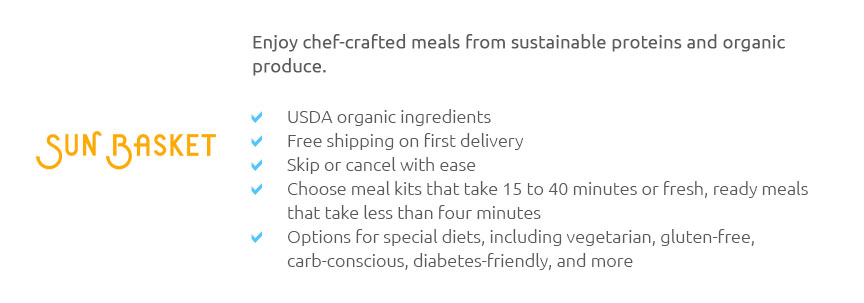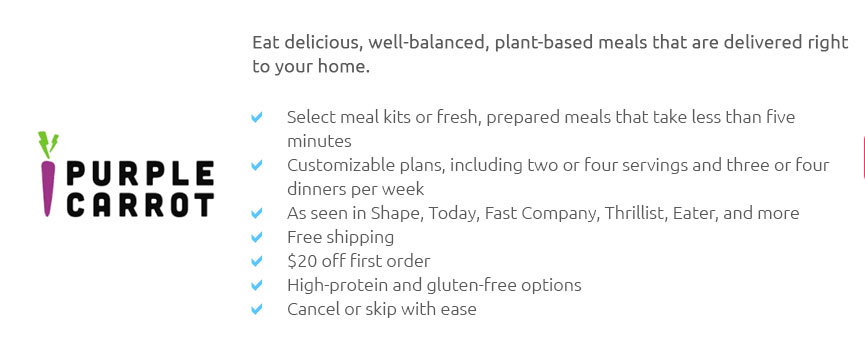 |
 |
 |
|---|
 |
|---|
 |
||||||
|---|---|---|---|---|---|---|
|
||||||
 |
 |
|||||
 |
 |
|||||
 |
 |
|||||
 |
 |
|||||
 |
 |
|||||
 |
 |
|---|
Exploring the World of Healthy Meals Order: A Balanced AnalysisIn an era where convenience often trumps nutritional value, the concept of ordering healthy meals has become a beacon of hope for many seeking to maintain a balanced diet amidst their hectic schedules. The surge in demand for healthy meal delivery services can be attributed to a blend of factors, ranging from time constraints to the growing awareness of the importance of a nutritious diet. But as with any trend, it's essential to weigh the benefits against the potential drawbacks to truly understand its impact. Advantages of Healthy Meals Order
Drawbacks to Consider
Conclusion In conclusion, the rise of healthy meals order services reflects a significant shift in how people approach food consumption, driven by the need for convenience and better health. While the advantages are compelling, such as convenience, portion control, and access to expert nutrition, potential drawbacks like cost, environmental impact, and the lack of personal culinary growth should not be ignored. Ultimately, the decision to engage with these services should be a personal one, carefully considering individual lifestyle needs and long-term health goals. As the industry continues to evolve, it will be interesting to see how it addresses these challenges, potentially redefining what it means to enjoy a healthy, convenient meal in the modern world. https://www.cleaneatzkitchen.com/?srsltid=AfmBOoqzUmIcpVAgSkob2kTi0YCaHCfBGJ8FG9C6WA7kALnO2qz0jvz3
Clean Eatz Kitchen is a great meal delivery service that makes eating healthy super easy. The meals are balanced, high in protein, and portion-controlled, so ... https://sunbasket.com/?srsltid=AfmBOoqdHXfDSdOzvhNeWcMD3BPaWNdsEroAVbooO4X-Pi-EiGpNkLVX
Sunbasket offers healthy meals delivered, from heat-and-eat meals to cooking kits, for all tastes and lifestyles. https://daily-harvest.com/?srsltid=AfmBOoqvfuXCD2nvfGjfwYwqiDtHmEeB-cCTOtQLarUNiblKTD1_x8eA
You asked, we delivered. New bestsellers that are as delicious as they are healthy. F+V (fruit + veg) packed and super satiating.
|
|---|


